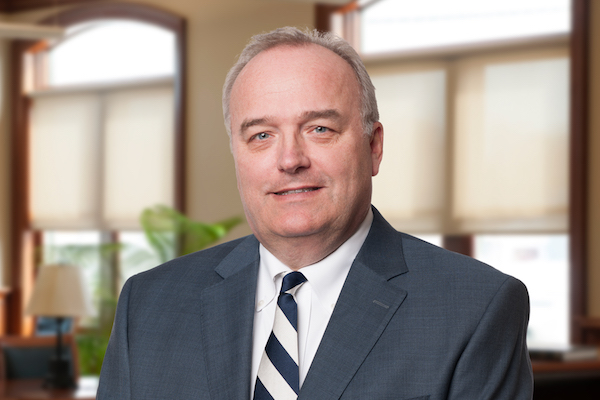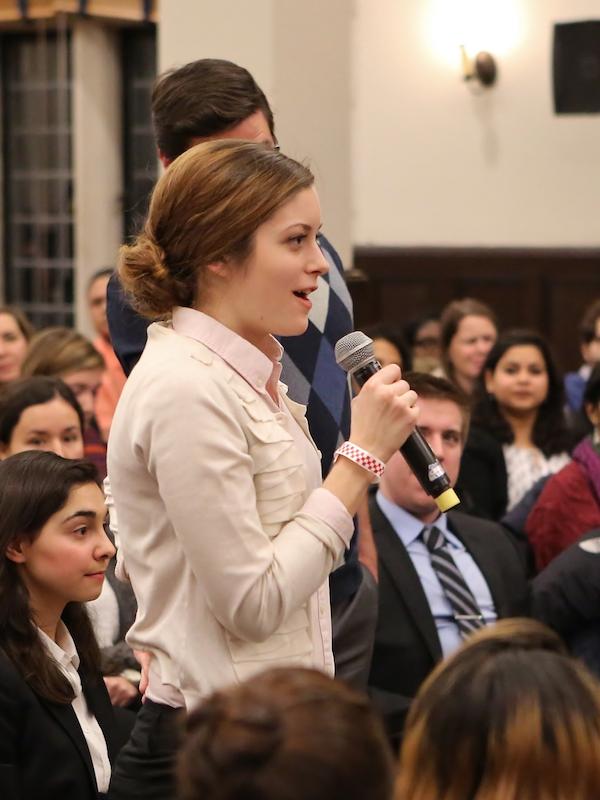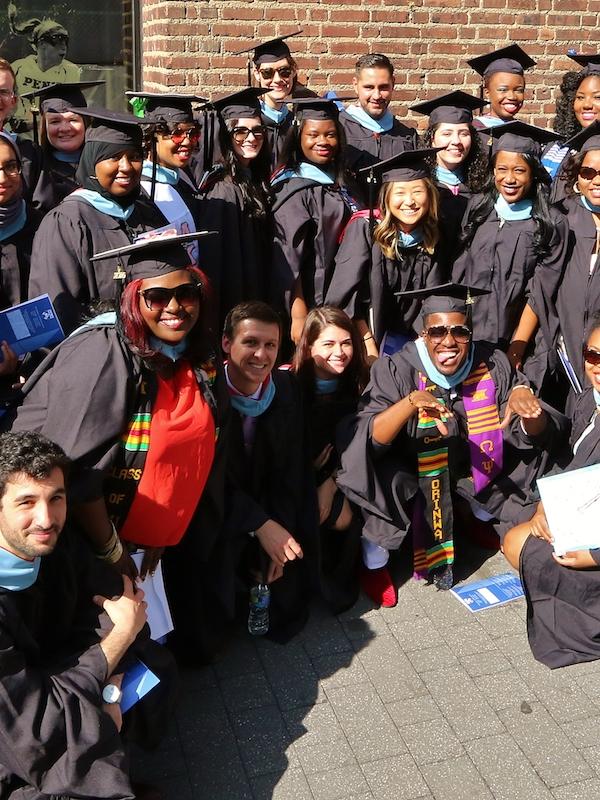Proving the Value of Online Education
“I was fascinated by the challenges of online programs.”
by Linda S. Kadaba
Headshot courtesy of American Public Education Inc.
Having served in CFO and CEO roles at health care companies for over sixteen years, Wallace “Wally” E. Boston, GRD ’10, became intrigued by American Public University System (APUS), a for-profit, online school based in Charles Town, West Virginia.
“I was fascinated by the challenges of online programs,” says Boston, a member of the Penn GSE Board of Overseers and the 2015 recipient of the Penn GSE Alumni Association’s Helen C. Bailey Award. “No one outside the online education community understood that you could provide a great education online.”
In 2002, he joined APUS as CFO. By 2004 he was president of APUS and CEO of its parent company, American Public Education Inc. (APEI). The majority of APUS’s 85,000 students are active-duty military, law enforcement, and emergency management professionals. To meet their needs, APUS offers flexible class schedules and monthly semester start dates. The university also makes affordability a priority, charging about $250 to $280 per credit hour.
Under Boston’s tenure, APUS has received regional accreditation and approval for Title IV federal student aid and added doctoral programs in strategic intelligence and global security. “I’ve worked to keep us at the forefront and build a reputation of quality,” he says. APUS won the Online Learning Consortium’s Ralph E. Gomory Award for Quality Online Education in 2009 and has earned other accolades since.
While president and CEO, Boston enrolled in the Executive Doctorate program at Penn GSE. He wrote a dissertation about student retention in online education at a time when little had been published on the topic. Based upon APUS student data, his research spawned a multi-institution study funded by the Gates Foundation.
Boston notes that among undergraduate students who complete five courses at APUS, the university’s graduation rate jumps from 48 to 78 percent. “If we can engage students enough or just get them comfortable being educated online, we have a really good graduation rate,” he says.
Boston envisions a future where college costs will make the first two years of a four-year degree a commodity and online programs will have the price advantage. “I think the current business model for higher education is broken,” he argues. Only highly selective schools, he says, can continue to charge top prices.
Now president emeritus of APUS, Boston remains CEO of APEI. He reports that in a world of MOOCs and cyber schools, distance learning has gained respect. “I haven’t had to argue the value of online degrees in years,” he says.
This article originally appeared in the Fall 2017 issue of The Penn GSE Magazine.




